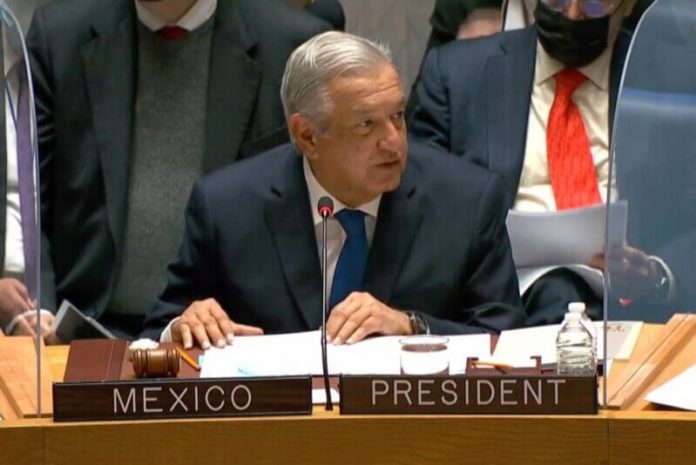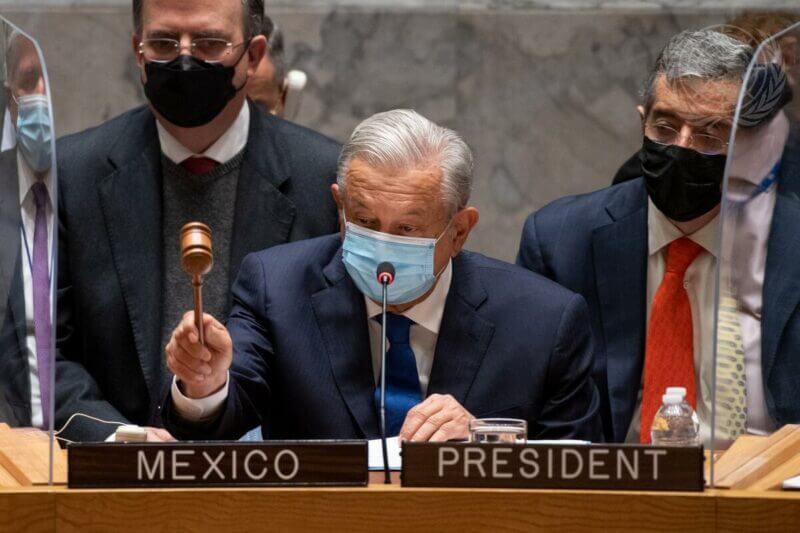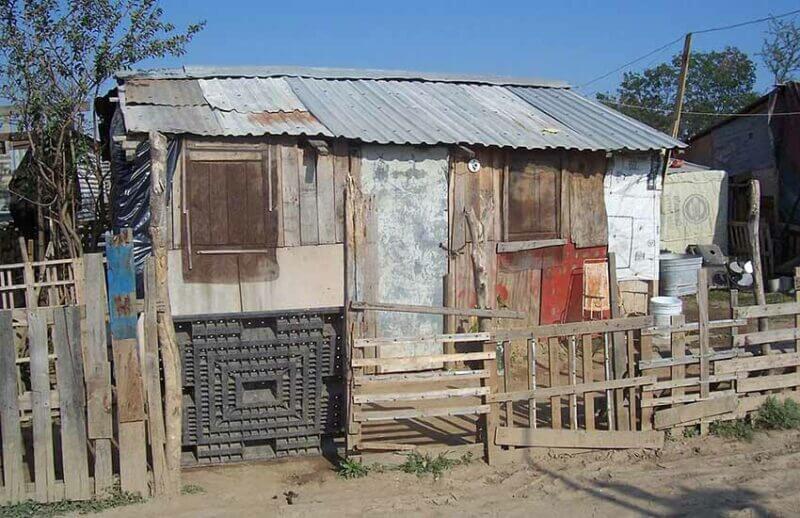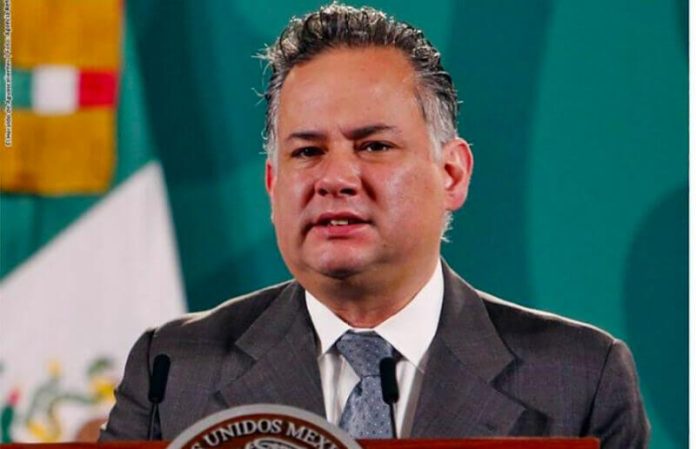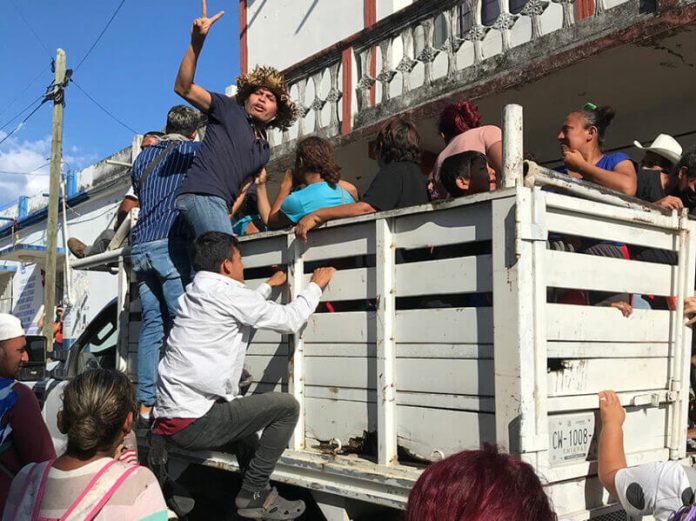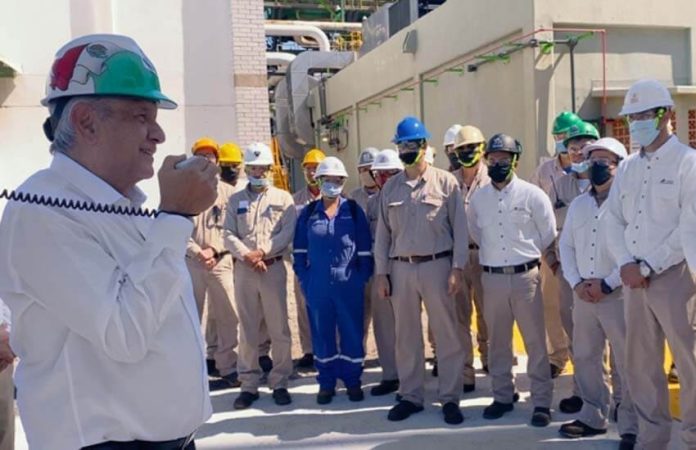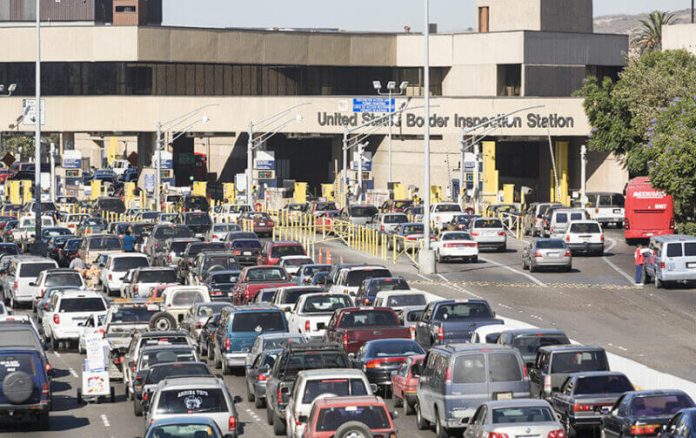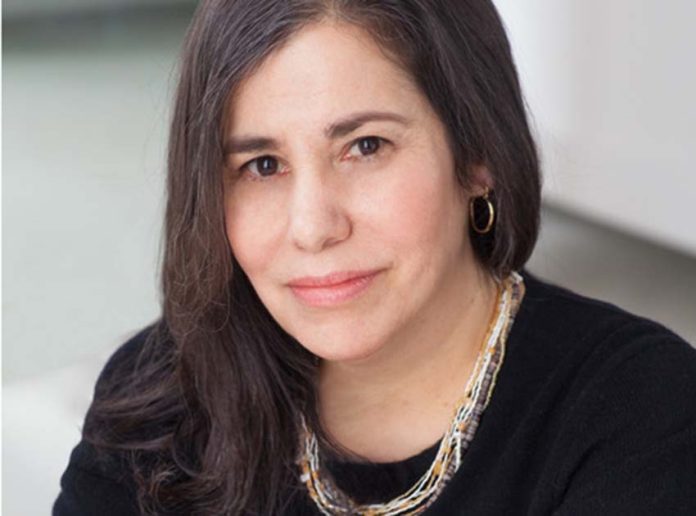After runner-up success for golfer Carlos Ortiz on Sunday, there was more good news for Mexican golf: its most historic tournament will join the Professional Golfers’ Association (PGA) Tour for 2022.
The contest is set for April 28-May 1 at the Vidanta Vallarta golf course in Nuevo Vallarta, Nayarit. The annual competition already existed as the Mexico Championship on the PGA calendar, but has been promoted to an Open event.
It joins the World Wide Technology Championship at El Camaleón golf course near Playa del Carmen, Quintana Roo, — where Ortiz placed second on Sunday — as a PGA Tour event.
The Nayarit tournament will offer a purse of US $7.3 million to 132 players, of whom a minimum of four will be from Latin America.
Two Mexican winners of PGA tour events attended the PGA press conference, where the fixture was announced: Ortiz, who won the Vivint Houston Open in 2020, and Abraham Ancer, who won the St. Jude Invitational in 2021.
“For my part, I’m very excited, I already want it to start. The presence of this tournament will add to the growth of golf in our country. I have always said that playing in Mexico in front of the people of my country is very special. They give you an extra [impetus]. They help you play your best golf and that is why I am very motivated,” Ortiz said.
Ancer added that the tournament could help raise participation. “This is great news, especially considering that an event of this magnitude helps golf grow in Mexico and we are trying to get more people involved in this sport. It is always nice to be able to play a tournament of this level in front of your own people,” he said.
The vice president of tournament sponsor Grupo Salinas said expanding golf’s appeal was the company’s priority. “We are honored to host a world-class event in our country …” said Benjamín Salinas Sada. “We are convinced of the importance of taking this type of event to other locations within the country and thereby send a clear message: golf is not owned by just a few, it belongs to everyone. That is what we will always defend at Grupo Salinas,” he said.
Grupo Salinas owns TV Azteca and the Elektra retail and banking chain.
With reports from Reforma

